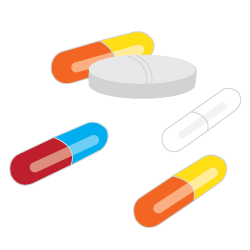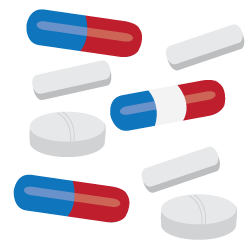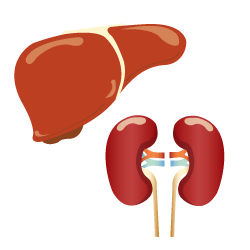Proper Use Of Painkillers
When painkillers mask the pain and cause you to be more active than your joint is ready for, you can prolong symptoms. This only makes things worse. It is understandable that people need relief from pain and help going to sleep. If you are using them to get through the day and to help keep you active, then you are going to cause further injury.
The way painkillers work is to numb the nerve receptors that tell your brain that there is pain in a specific area. Pain is your body's way of telling you that something is wrong. When these signals are ignored or masked, your limp will go away--you wil continue along with your day as if nothing was wrong--and when the painkillers wear off, you'll notice that you're in more pain than you were before you took them. This is a clear indication that throughout the day more damage has been done to the affected area.
There are two main categories of commonly used pain relievers, they are acetaminophen and non-steroidal anti-inflammatory drugs (NSAIDs). Picking the right pain reliever may be a daunting task as there are so many choices.




